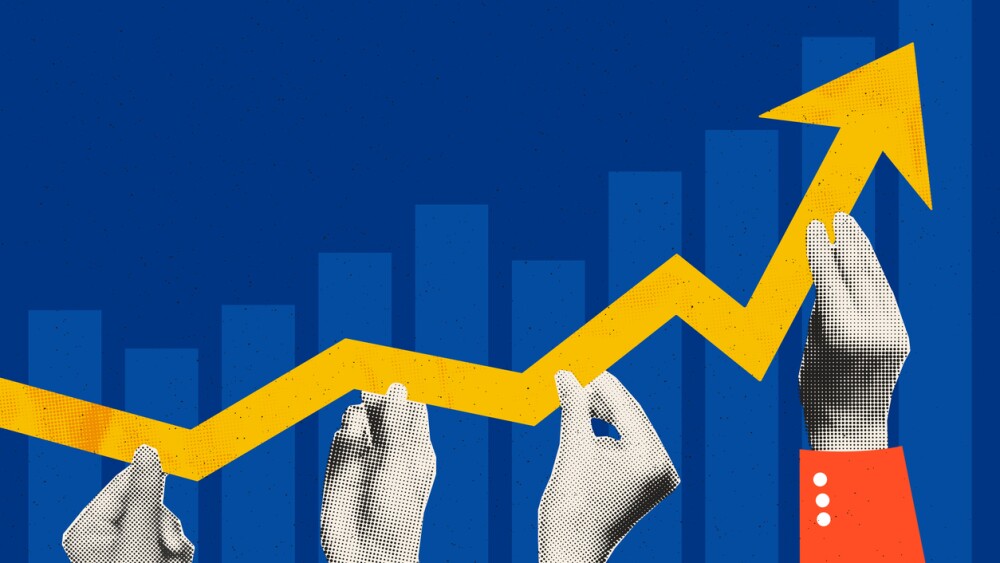June 10, 2015
By Riley McDermid, BioSpace.com Breaking News Sr. Editor
German pharma giant Bayer AG will sell its diabetes business to Panasonic’s healthcare unit for around $1.15 billion, as the company begins shedding nonessential assets as part of a mission to refocus on life sciences.
The deal will close in the first quarter of 2016, said the companies. The products included in the sale include Bayer’s Contour portfolio, including Contour Next, Contour Plus, Contour and Contour TS. It also encompasses the sale of Breeze2, Brio, Entrust, Elite and Microlet lancing devices.
“We are confident that the sale of our Diabetes Care business to our long-standing partner Panasonic Healthcare, with the strong backing of KKR, will support the long-term sustainability of this portfolio,” said Werner Baumann, member of the Board of Management of Bayer AG and CEO of Bayer HealthCare , in a statement.
The unit brought in $€909 million in sales in 2014 and produces a broad range of products, including glucose monitoring devices. But it has been stalled in the moneymaking department however and hobbled by a product line that has long been outpaced by newer innovation in the space.
“Bayer has been looking to sell this business for several years and management was frustrated by its negative effect on growth and margins,” Alistair Campbell, an analyst at Berenberg, wrote in a note to investors Wednesday.
Panasonic Healthcare and Bayer have teamed up in the past, with Bayer marketing many of its partner’s products. Last year, however, Panasonic sold 80 percent of its medical-devices silo to U.S. private-equity firm KKR & Co. L.P., though Panasonic still retains ownership of 20 percent of the group.
Because of the prevalence of diabetes in poorer parts of the world, the market has been flooded with lower cost products to treat the disease, making profit margins slimmer for large companies who are attempting to keep up. That was a factor when considering this sale, said Bayer and Panasonic Wednesday.
“Many country healthcare providers have instituted price reduction programs for diabetes care products,” the companies said in the statement. “This has contributed to an increase in the volume of diabetes care products in the market at lower prices. To navigate the environment, together (the companies) look forward to scaling their capabilities to continue providing top quality and cost-competitive products to patients in need.”
When Will Pfizer’s Breakup Happen?
Speculation that the revamping of Pfizer Inc. ’s internal business structure could happen as soon as this year has biotech wondering just when this Big Pharma company could see changes.
Last week an analyst with J.P. Morgan said he thinks there will be a much faster timeline than most of Wall Street had predicted for Pfizer’s stated mission to refocus its efforts on new medicines.
Pfizer initially announced in 2012 that it would be shedding units that were non-essential to that goal. It then promptly sold its nutrition silo to Nestle for $11.85 billion, which was rapidly accompanied by a public spin-off of its animal health business for $2.2 billion.
“While a Pfizer break-up would likely be a 2017 event, we see potential catalysts in 2015-2016,” said Chris Schott, an analyst at J.P. Morgan. “Three years of audited financial statements (2014-2016) are required before any part of Pfizer can be spun off, and we also see 2017 as an attractive time for action as investors see Pfizer’s innovative pipeline clearly contributing to growth and the established business having transitioned to a more stable profile.”
BioSpace wants to know what you think: Will Pfizer be a changed company by the end of 2015?





